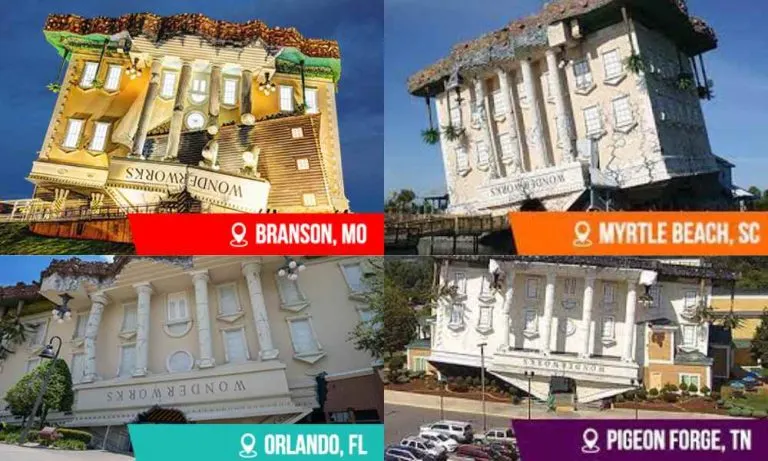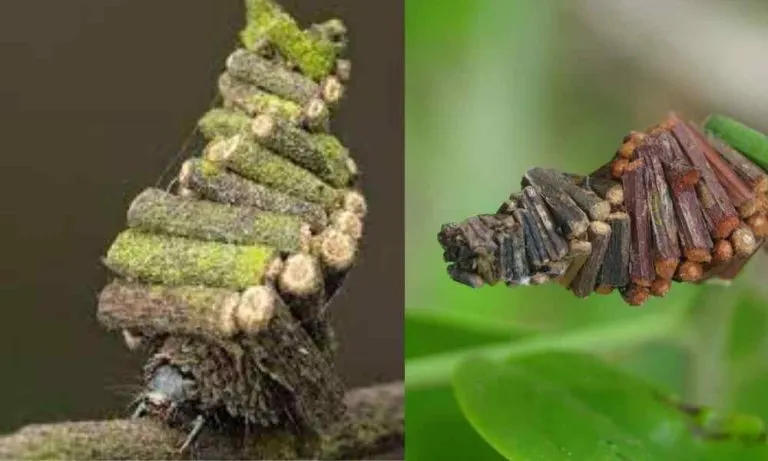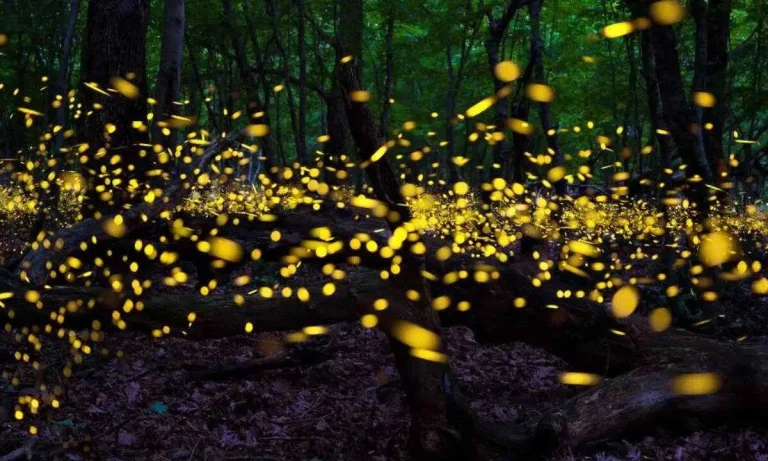This Man Was Lost At Sea For 438 Days | This Real Life Castaway Kept His Dead Friend’s Body To Talk To It!
Imagine being lost at sea, drifting on the endless ocean for over a year. This isn’t a movie plot; it’s the real-life story of José Salvador Alvarenga. Along with his companion, Ezequiel Córdoba, Alvarenga set out for what was supposed to be a two-day fishing trip off the coast of Mexico. However, fate had a different plan. They found themselves fighting for survival against the merciless sea for 438 days. One of the most heart-wrenching parts of their story is that Alvarenga kept his deceased friend’s body for company! But there’s more. He did some shocking things to survive and deal with the loss of his friend.
The Fateful Departure
Alvarenga, an experienced fisherman, and Córdoba, a young rookie, embarked from Costa Azul, Mexico, on November 17, 2012. They were inside a 25-foot fishing boat with no sail or a motor.
They were fishing 50 to 100 miles offshore in the risky deep-sea waters. Everything was calm and normal, at least for a moment. But Alvarenga knew a storm was brewing but felt confident in their ability to survive it. However, the storm proved overwhelming, severely damaging their boat and leaving them adrift in the Pacific Ocean.
“It wasn’t the storm that was the problem. My engine gave out.”
José Salvador Alvarenga
The storm hit the seas and the boat for nearly seven days. The 22-year-old Córdoba was once thrown into the water and was saved by Alvarenga as he pulled back in by the hair. After losing the engine, they lost his radio and fishing gear. They did not have a cover. All that was present was an icebox which they used to store their catch until they reached shore and a bucket, which they used to toss water out of the boat.

Survival Against All Odds
Their story of survival is one of invention and desperation. Alvarenga, who had been fishing since childhood, used his skills to catch fish with his bare hands. The duo faced extreme thirst, drinking rainwater and even their urine to survive.
“We didn’t think about hunger at first. It was the thirst. We had to drink our own urine after the storm. It wasn’t until a month later that we finally got some rainwater.”
José Salvador Alvarenga
Their situation grew more alarming when they had to catch sea birds and drink their blood for hydration and nutrition. The relentless sun and scarcity of food and water took a heavy toll on both men.
They eventually caught not just small fish but sharks, turtles, and other small birds to satisfy their hunger.
“I’d heard about Mexicans who’d done this before. How did they do it? How come they were spared? ‘I shouldn’t be a coward. I prayed a lot. And I asked God for patience.”
José Salvador Alvarenga

Facing the Death of His Friend
However, patience and survival battle soon left Córdoba’s mind. He was giving up and was panicking about death. He often remembered his mother and the things he had at home. Alvarenga tried to comfort him as much as he could, but hardly anything helped. Losing the battle once and for all, Córdoba passed away on the boat. Córdoba had one wish that he wanted Alvarenga to complete. He wanted his buddy to visit his mother and say that his son was with God.
“We said our goodbyes. He wasn’t in pain. He was calm. He didn’t suffer.”
José Salvador Alvarenga
The Mental Battle
After Córdoba’s death, Alvarenga faced not only physical but also psychological challenges. He kept Córdoba’s body on the boat, talking to it as a way to fend off loneliness. This shows how intense his mental battle was.
Córdoba’s death devastated Alvarenga. He even considered taking his own life in the days following the dropping of Córdoba’s body in the ocean. The fear that God somehow stopped him, according to Alvarenga.

Finally, He Reached The Shore!
Against all odds, Alvarenga spotted land after 438 days at sea.
After floating on endless water for over a year, he noticed mountains. When he reached close enough, Alvarenga jumped into the water. He swam towards the land with all he had. It was one of the Marshall Islands.
“I hit the ground first. My boat hit the ground second. I felt the waves, I felt the sand, and I felt the shore. I was so happy that I fainted on the sand. I didn’t care if I died at that point. I was so relieved. I knew at that point I didn’t have to eat any more fish if I didn’t want to.”
José Salvador Alvarenga
Alvarenga spoke with residents who were at the beach on January 29, 2014. However, no one spoke Spanish and they used hand gestures to communicate. The residents gave him water. But he instantly began to bloat. So, they quickly took him to the Marshall Islands’ biggest hospital.
His return was a shock. But he was alive and well. However, Alvarenga’s story didn’t end with his return. He fulfilled something very important. He made a promise to his friend. He visited Córdoba’s mother and shared her son’s dying message.
Where is Alvarenga Now?
Alvarenga returned to El Salvador after spending 11 days in the hospital. However, he had some long-term effects on his physical and mental health. He had trouble sleeping and had a fear of water. In 2015, he presented a series of interviews about his surprising survival. The journalist Jonathan Franklin published José Salvador Alvarenga’s story in the book 438 Days: An Extraordinary True Story of Survival at Sea.
Shortly after Alvarenga’s book was out, Ezequiel Córdoba’s family sued him for $1,000,000. They accused him of eating the flesh of their relative to survive. But Alvarenga had a pact with his friend and had not done such a thing. Alvarenga’s lawyer denied this accusation, and he remained not guilty.

Conclusion: Lessons from the Deep
Alvarenga’s story is more than a tale of survival; it’s a lesson in the strength of the human spirit. It challenges us to think about our own resilience and what it means to face seemingly insurmountable odds. This real-life castaway’s story is a poignant reminder of our vulnerability in the face of nature’s might and the incredible capacity for hope and survival within us all.
Also read,







